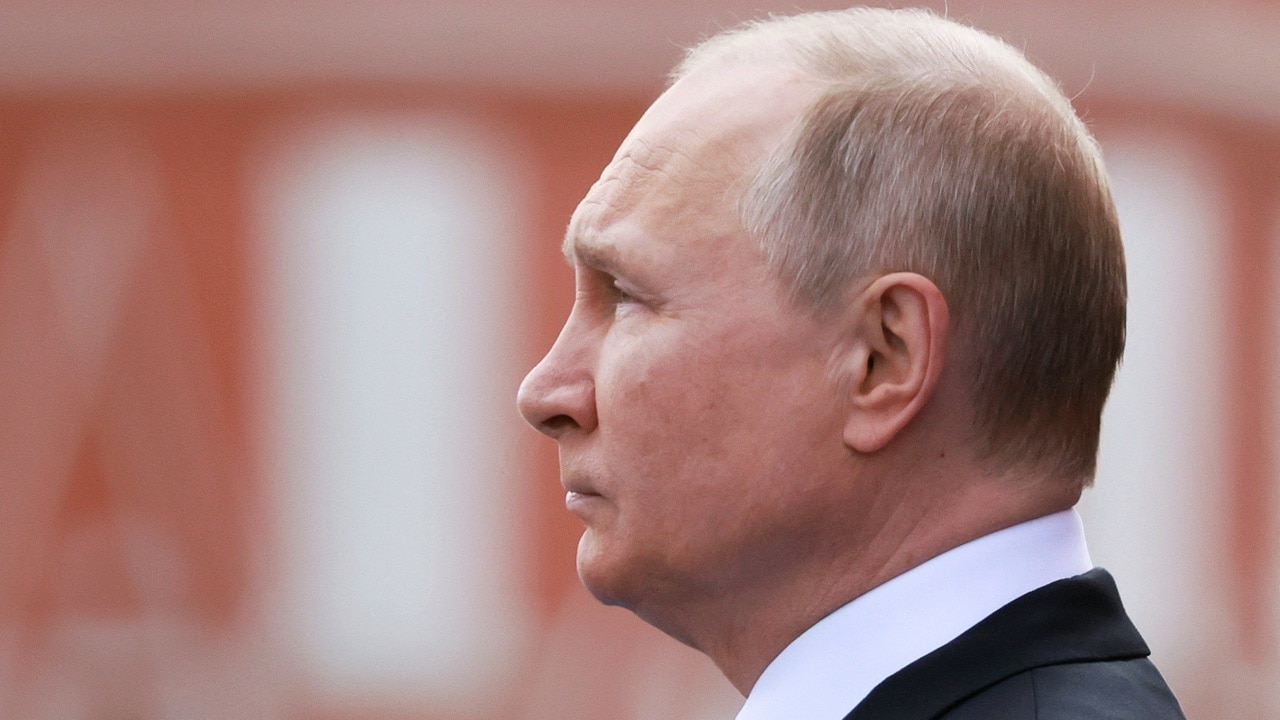Russian dissident Vladimir Kara-Murza’s sentencing to 25 years in prison is an outrage. It serves testimony, if any still be needed, to the bestial nature of accused war criminal Vladimir Putin’s malevolent regime.
The sentencing has been compared to Soviet trials of dissidents in the 1960s and 1970s, but the comparison is inaccurate. Leonid Brezhnev’s USSR generally sentenced dissidents to 5-to-10 year sentences. Twenty-five years was rather the norm for Joseph Stalin’s terroristic regime.
Putin is thus a reincarnation, not of the comparatively restrained Brezhnev, but of Stalin — but with some important differences.
Kara-Murza was not afraid before and during the sham trial. Instead, as photographs of him showed, he was openly defiant, even jocular. He also knew exactly what awaited him when he returned to Russia in April 2022, at the height of Moscow’s genocidal war against Ukraine.
In contrast, the “enemies of the people” that Stalin’s kangaroo courts tried were generally broken men and women, and their fate was almost always death in the Gulag. Kara-Murza is far more reminiscent of Soviet dissidents, who remained strong and continued their struggle even in concentration camps.
That strength is testimony to Kara-Murza’s character, but it is also a function of the advanced decrepitude of the Putin regime. Stalin committed genocide and practiced terror because he was hell-bent on bringing about a revolution from above and could therefore not tolerate any opposition. His secret police was all-pervasive and his regime was unabashedly totalitarian.
Putin’s regime, like Brezhnev’s, is weak, riddled with contradictions, brittle to the point of implosion, and unable to reform itself. Kara-Murza dared to be unafraid by returning and accusing Putin and his comrades of being a “regime of murderers.” Putin’s savage sentence is thus not a sign of regime strength and self-confidence, but of weakness and self-doubt. Violence is all that Putin has left, and violent regimes are unsustainable regimes.
The sentencing was obviously a signal to Russians that any form of defiance would be dealt with savagely. But such a move could only have been premised on the regime’s justified fear that there are many Kara-Murzas in Russia who need to be silenced.
Putin and his collaborators know full well that their legitimacy is fading, that the Ukraine war is unwinnable, that they will be ousted sooner rather than later, and that The Hague awaits them.
Think of Kara-Murza’s imprisonment as Putin’s last hurrah. And think of Kara-Murza as a symbol of hope. Like Andrei Sakharov and Nelson Mandela, Vladimir Kara-Murza will triumph.

